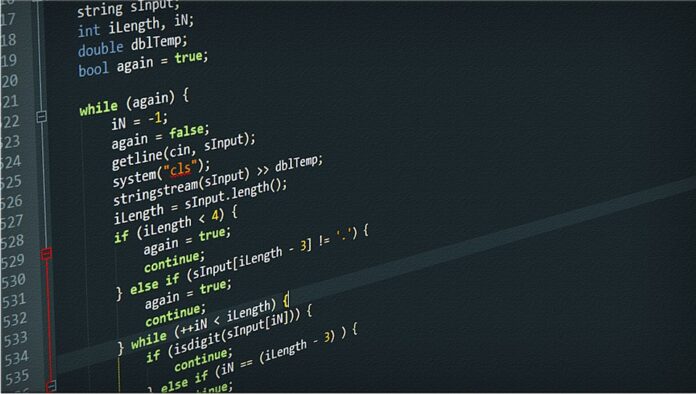In today’s fast-paced and ever-evolving technological landscape, the need for secure software development practices has become paramount. Developers are constantly under pressure to release quality code quickly while ensuring that security vulnerabilities are properly addressed. Enter DevSecOps – a set of practices that combines development, security, and operations to streamline the software development process while incorporating security best practices right from the start.
One of the key components of a successful DevSecOps approach is the use of the right tools. These tools help developers automate security testing, enforce security policies, and detect vulnerabilities early in the development cycle. Below are some of the top DevSecOps tools that every developer should know about:
1. Snyk
Snyk is a popular open-source security tool that helps developers scan their code and dependencies for security vulnerabilities. Snyk integrates seamlessly with popular development environments like GitHub, Bitbucket, and GitLab, allowing developers to catch vulnerabilities early in the development process. The tool provides actionable insights and recommendations for fixing vulnerabilities, making it a must-have for DevSecOps teams.
2. OWASP ZAP
The Open Web Application Security Project (OWASP) Zed Attack Proxy (ZAP) is a leading security testing tool for web applications. ZAP helps developers identify security vulnerabilities in their web applications by performing automated scans and penetration tests. With its user-friendly interface and comprehensive reporting capabilities, ZAP is a valuable tool for developers looking to enhance the security of their web applications.
3. GitLab
GitLab is a popular DevSecOps platform that combines source code management, continuous integration/continuous deployment (CI/CD), and security testing in a single, integrated solution. GitLab’s built-in security features, such as static application security testing (SAST) and dynamic application security testing (DAST), help developers identify and remediate security vulnerabilities early in the development process. GitLab’s seamless integration with popular CI/CD tools makes it a powerful platform for DevSecOps teams.
4. Aqua Security
Aqua Security is a container security platform that helps developers secure their containerized applications throughout the software development lifecycle. Aqua Security provides runtime protection, vulnerability scanning, and compliance checks for containerized environments, enabling developers to build secure and compliant applications. With support for popular container orchestration platforms like Kubernetes, Aqua Security is a valuable tool for DevSecOps teams working with containerized applications.
5. SonarQube
SonarQube is a popular code quality and security tool that helps developers identify and fix security vulnerabilities in their code. SonarQube analyzes code for security issues, code smells, and bugs, providing developers with comprehensive feedback on their code quality. With support for multiple programming languages and integration with popular IDEs, SonarQube is a versatile tool for DevSecOps teams looking to improve the security of their code.
In conclusion, incorporating DevSecOps practices into the software development process is essential for building secure and reliable applications. By leveraging the right tools, developers can automate security testing, enforce security policies, and detect vulnerabilities early in the development cycle. The tools mentioned above are just a few examples of the many DevSecOps tools available to developers today. By staying informed and leveraging the right tools, developers can ensure that security remains a top priority throughout the software development lifecycle.
Frequently Asked Questions:
1. What is DevSecOps?
DevSecOps is a set of practices that combines development, security, and operations to streamline the software development process while incorporating security best practices right from the start.
2. How do DevSecOps tools help developers?
DevSecOps tools help developers automate security testing, enforce security policies, and detect vulnerabilities early in the development cycle, enhancing the security of their applications.
3. Why is it important to incorporate DevSecOps practices?
Incorporating DevSecOps practices helps developers build secure and reliable applications by ensuring that security remains a top priority throughout the software development lifecycle.


